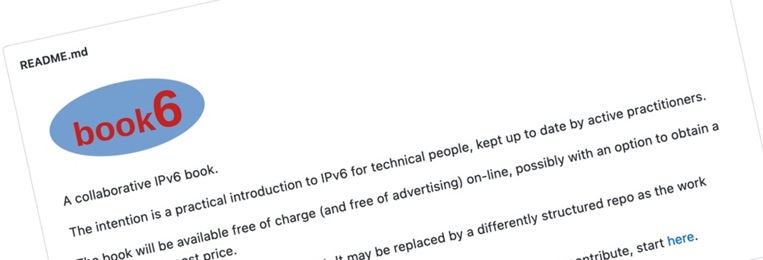Where did IPv6 grow in 2023? Where did it not? What countries led on IPv6 deployment?
Recently a colleague of mine at the Internet Society, Robbie Mitchell, laid all this out in a long post titled “Governments and Industry Driving IPv6 in 2023”. With data and many charts he walks through where IPv6 deployment is improving and where more work is needed.
I found it fascinating to see how much the Asia-Pacific region is growing, while here where I live in the USA the growth was minuscule (1.7%). Particularly since historically the ISPs in the USA have been strong drivers of IPv6 growth.
I’ll note that if you want to track IPv6 growth, the Internet Society’s Pulse platform has a page about technologies at: https://pulse.internetsociety.org/technologies – on that page you can see data and maps that show IPv6 deployment (as well as for other technologies).



